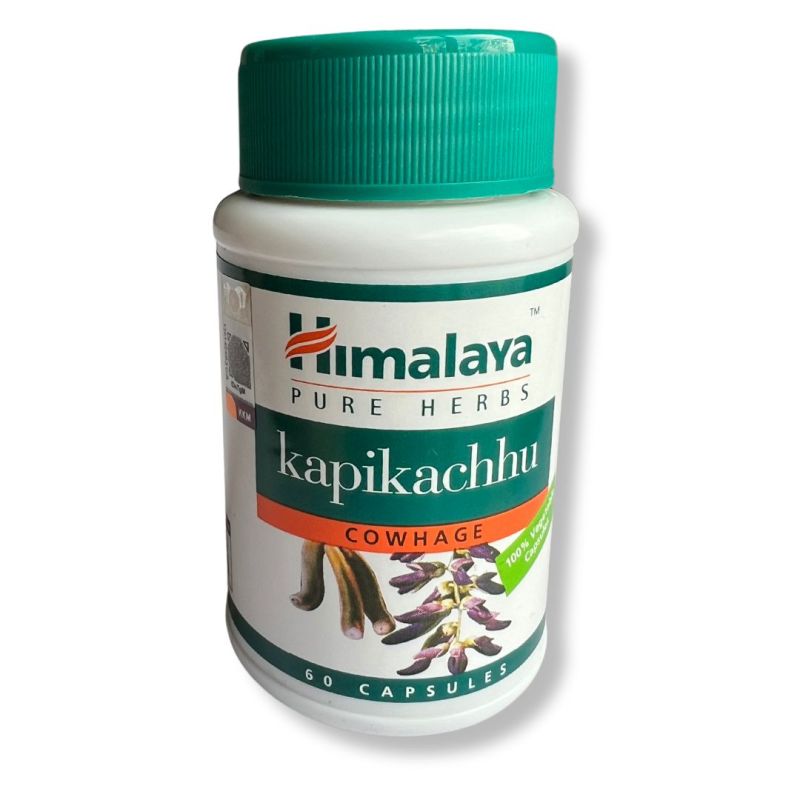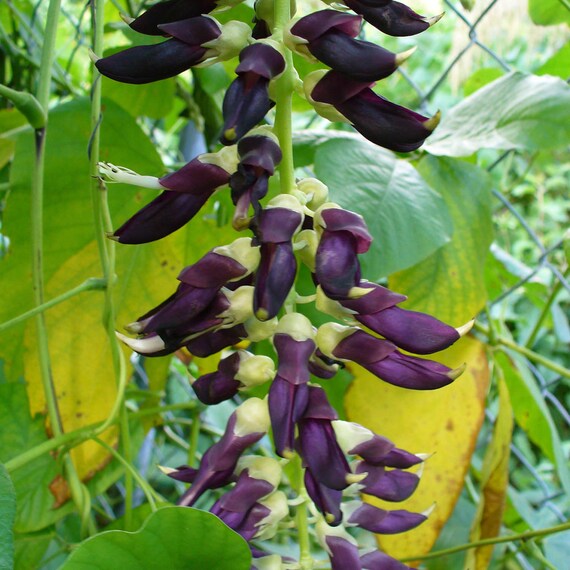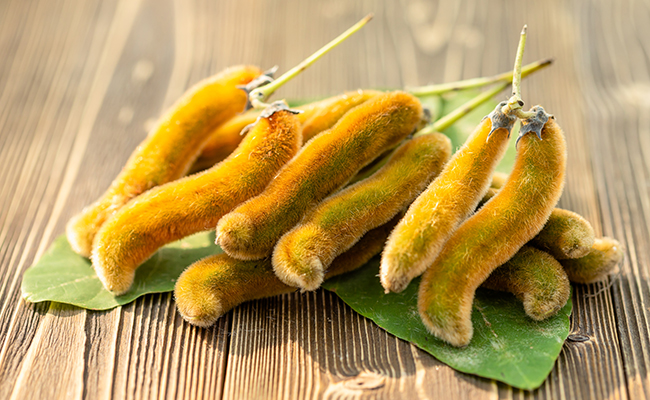




The cowhage (Mucuna pruriens), also called pois mascate or velvety beans (velvet bean in english), is traditionally used to increase libido and fertility.
The cowhage, also known as scientific Mucuna pruriens, is a tropical plant belonging to the Fabaceae family.
Mucuna pruriens, commonly called velvet bean or mascate peas, originates from the tropical regions of South Asia, including India. The plant has been widely used in traditional Indian medicine, particularly in Ayurveda, for millennia.
The Mucuna pruriens originated in tropical regions of South Asia, including india. The plant has been widely used in traditional Indian medicine, especially in ayurveda, for millennia. He also has a long history of medicinal use in Nepal and Sri Lanka.
The plant has spread in tropical regions of Africa, where it is used in traditional medicine systems to treat various conditions, including neurological disorders and fertility issues.
Introduced as a covering crop and for soil regeneration, Mucuna pruriens is also used in the Caribbean, particularly in Jamaica and Guyana, for its medicinal properties. In these regions it is often called "nessa coffee" because of its use as a substitute for coffee during periods of shortage.

The Mucuna pruriens brings many benefits, including on male health and vitality.
These studies highlight the therapeutic potential of Mucuna pruriens, but more research, including clinical trials on humans, is needed to confirm these effects and ensure their safety and effectiveness in various medical applications.
Each 500mg capsule contains 250mg Mucuna pruriens (Kapikachhu).
A bottle contains 60 capsules.
Our food supplement is certified Halal.
Attention to counterfeitings that can exist on this product.
Take a capsule twice a day, during the meal.
Capsules 100% vegetable.

Data sheet
Specific References
Your review appreciation cannot be sent
Report comment
Report sent
Your report cannot be sent
Write your review
Review sent
Your review cannot be sent

The cowhage (Mucuna pruriens), also called pois mascate or velvety beans (velvet bean in english), is traditionally used to increase libido and fertility.